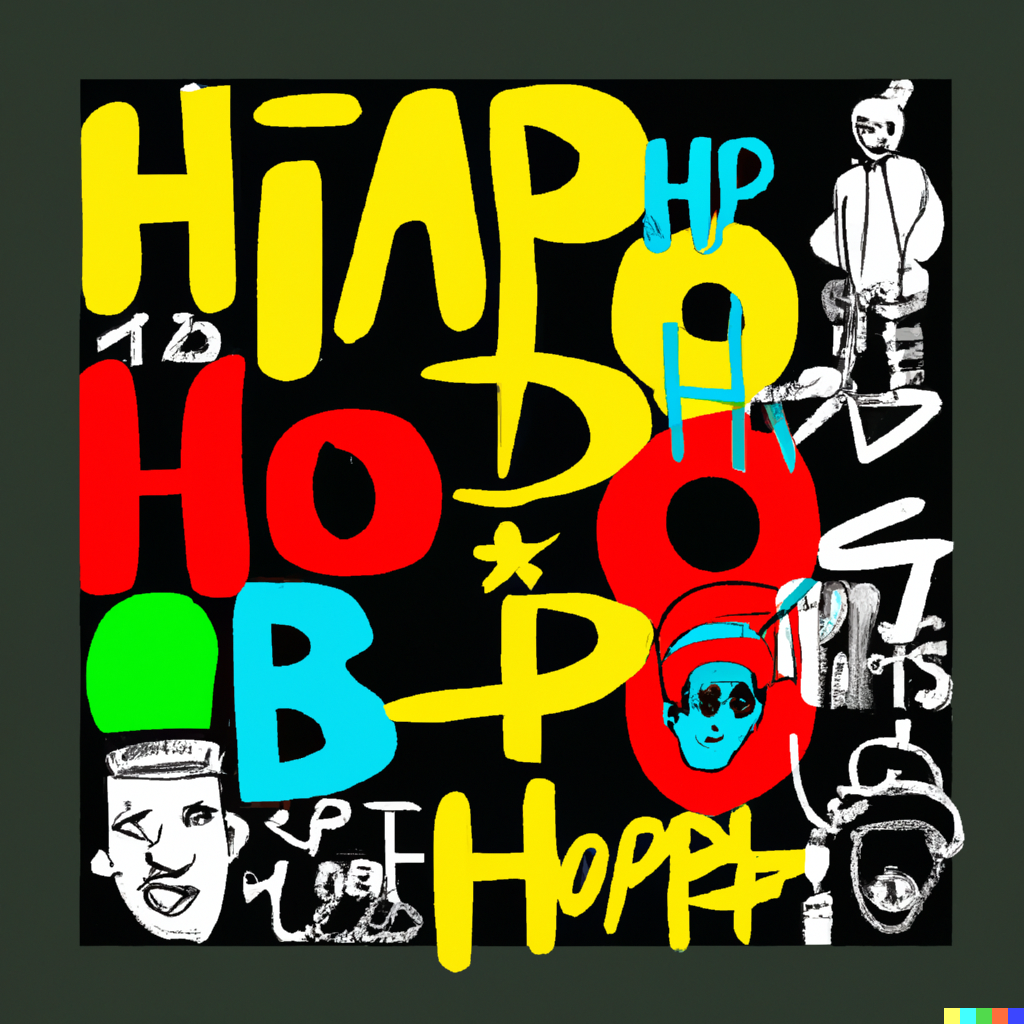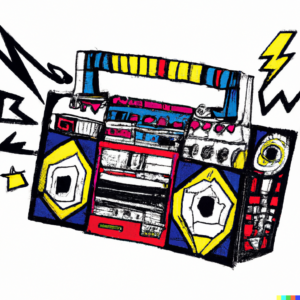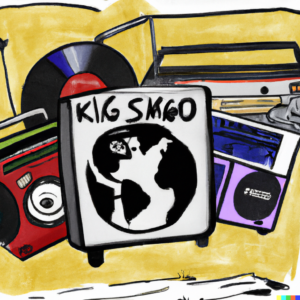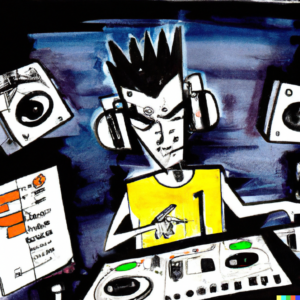Introduction
In the bustling streets of the Bronx, New York, during the early 1970s, an art form was born that would forever change the landscape of music, fashion, dance, and even language. Hip hop, a genre that emerged as a creative response to societal issues and personal experiences, has evolved over the past 50 years into a global cultural phenomenon. This article delves into the journey of hip hop, exploring its origins, milestones, and its undeniable influence on modern music and beyond.
The Birth of a Movement: Origins and Influences
Hip hop’s roots can be traced back to block parties and community gatherings in the South Bronx, where DJs such as Kool Herc pioneered the use of two turntables to extend instrumental breaks, creating the foundation for what would become “breakdancing.” Accompanied by emcees who would later evolve into rappers, these parties laid the groundwork for the four core elements of hip hop: DJing, emceeing (rapping), breakdancing, and graffiti art.
As hip hop grew, it absorbed a wide range of influences, including funk, disco, soul, and R&B. The genre’s ability to reflect the urban experience and give a voice to marginalized communities was instrumental in its rapid expansion. By the late 1970s, the world had witnessed the birth of a cultural revolution.
The Golden Age: 1980s and 1990s
The 1980s and 1990s are often referred to as hip hop’s “Golden Age.” During this time, the genre experienced explosive growth, with artists like Run-D.M.C., Public Enemy, and N.W.A. pushing boundaries and addressing social and political issues in their lyrics. Sampling became a hallmark of hip hop production, allowing artists to blend various musical styles into their tracks.
The emergence of superstar acts like Tupac Shakur and The Notorious B.I.G. brought a new level of commercial success to hip hop, while groups like Wu-Tang Clan showcased the genre’s diversity and innovative storytelling. The “Golden Age” also saw the rise of subgenres like gangsta rap, conscious rap, and alternative hip hop, further solidifying hip hop’s status as a dynamic and multi-faceted movement.
Mainstream Breakthrough and Global Domination
The turn of the millennium marked a significant shift for hip hop, as the genre firmly established itself in the mainstream music landscape. Artists like Eminem, who broke racial and social barriers, and Jay-Z, who bridged the gap between street credibility and commercial success, became household names. The influence of hip hop extended beyond music, shaping fashion trends, language, and even dance styles.
Hip hop’s global reach expanded as well, with artists from different countries infusing their own cultural flavors into the genre. K-pop, for instance, frequently incorporates hip hop elements, showcasing its versatility and adaptability to various musical contexts.
Beyond Music: Hip Hop as a Cultural Force
Hip hop’s impact transcends the boundaries of music. It has empowered individuals to express their identities, advocate for social justice, and address systemic issues. Hip hop has given a platform to voices that might otherwise have remained unheard, allowing for the discussion of topics such as racism, inequality, and economic disparity.
Furthermore, hip hop’s influence on visual arts is evident in the proliferation of street art and graffiti. The genre’s dance elements, breakdancing in particular, have inspired dance styles that continue to evolve and captivate audiences worldwide.
Conclusion
As hip hop celebrates its 50th anniversary, it’s important to acknowledge its transformative journey from its humble beginnings to a global cultural movement. From block parties in the Bronx to stadium-filling concerts, hip hop has shaped the way we experience music, culture, and society. Its ability to reflect and respond to the world around it has cemented its status as not just a genre of music, but a force of expression, change, and unity. As we look back on the past five decades, we eagerly anticipate the continued evolution of hip hop in the years to come.
Link to Sample Breakdown: The Most Iconic Hip-Hop Sample of Every Year (1973-2023)




